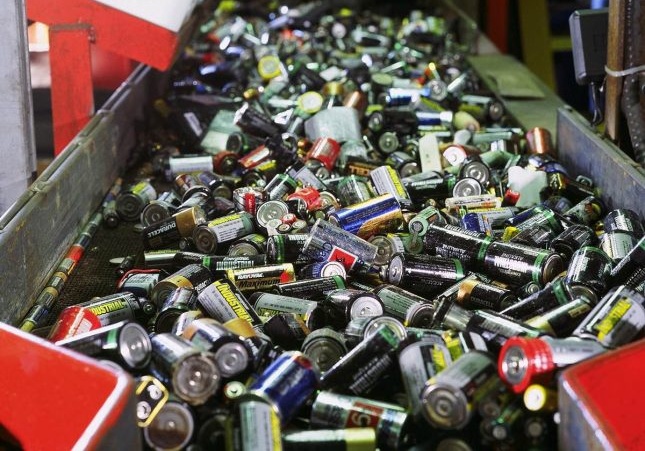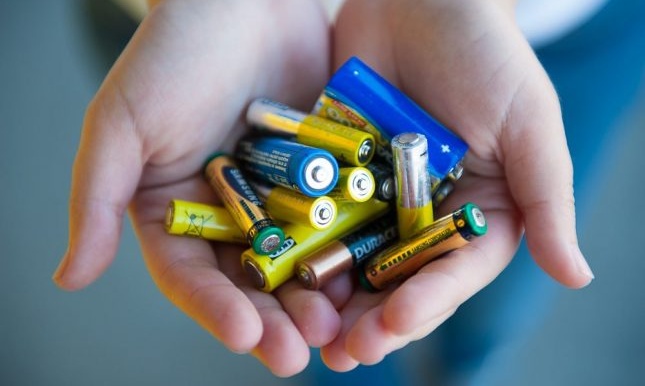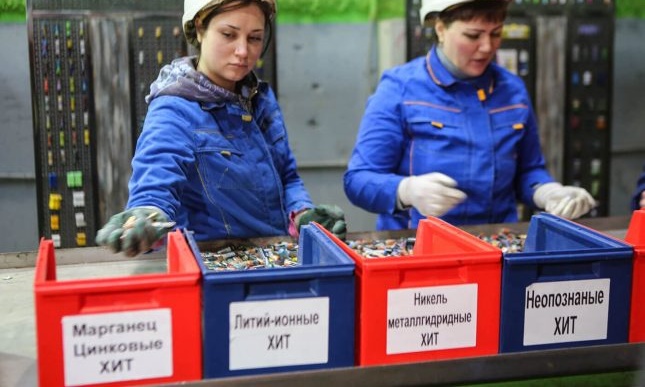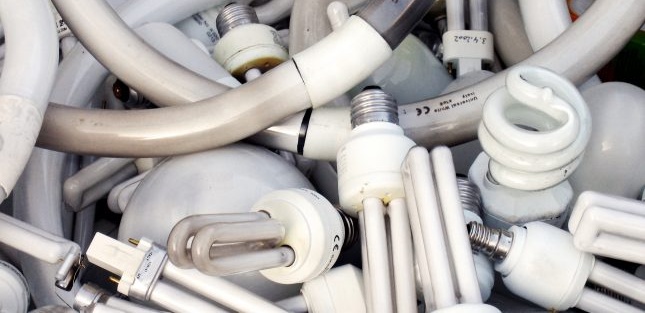Why you can’t throw batteries in the trash: what will it be?
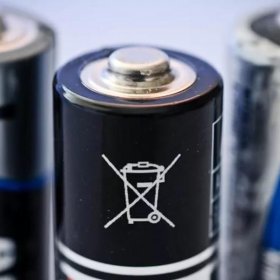
Batteries, such as batteries, have long become a familiar everyday item. They use clocks and timers, control panels and toys, flashlights and LED illuminators. In Russia, most people do not think about any specific collection of their used batteries - they just go to the trash, like other rubbish and waste. However, this is strictly not recommended. There are good reasons why you can’t throw batteries into the bin.
Reasons for banning the discharge of batteries
Batteries should not be disposed of with ordinary household waste. The fact is that in their production such harmful chemical elements and compounds as nickel, cadmium, lead, mercury, as well as alkali of various metals are used. Although on most modern batteries you can see the inscription "0% mercury", do not think it is environmentally friendly and can be thrown anywhere.
Garbage trucks take waste to a landfill from a garbage can, where you dump a bucket or throw a bag. Actually, there they lie, accumulating and poisoning the environment. However, it is one thing when it comes to a banana peel, a cardboard box or a tin can, and quite another when harmful compounds begin to spread. Under the influence of moisture and time, the battery case, whether it is metal or film, disintegrates, and the chemical elements, oxidizing and interacting, penetrate the soil.
From the soil, they gradually seep into the groundwater. Due to the circulation of the Earth’s hydrosphere, after a certain time, the same water ends up in rivers and canals, and from there it enters the water supply system and the fields. The concentration of salts and alkalis of metals is negligible, but batteries are thrown away by the thousands throughout our vast homeland, and beyond. Therefore, if you do not want to eat agricultural products with harmful compounds and drink them from the tap - do not throw batteries in a bucket.
What will it be
In Russia there are no fines for individuals for the improper disposal of garbage. For one simple reason: it is extremely difficult (and in real conditions it is almost impossible) to prove a person’s involvement in violating the law on disposal. Therefore, thousands of people continue to contribute to pollution. As for large offices, factories, factories and other legal entities, they can be held accountable, but this is rarely practiced.
In countries with a higher culture, garbage collection is fined more often, but even there they rely not on fear of punishment, but on fostering the habit of returning used batteries to special collection points or putting them in containers of a special color.
Where to put the batteries
If you do everything as you need, then the batteries need to be collected, and when they accumulate a fair amount, take them to a collection point or to a recycling plant. Unfortunately, so far very few people care about the environmental problem.The companies that collect and safely transform the contents of the batteries are few in number, so you have to look for them.
What else can not be thrown into the bin
Energy-saving lamps or CFLs have a similar fate to batteries. The gas filling the spiral tube contains mercury, which requires a careful approach. “Energy Saving” can also be handed over to special points, and due to the decreasing price, switch to LED.
Correctly separating garbage and throwing it where it should, each of us slows down a little the rapid pollution of the planet.
